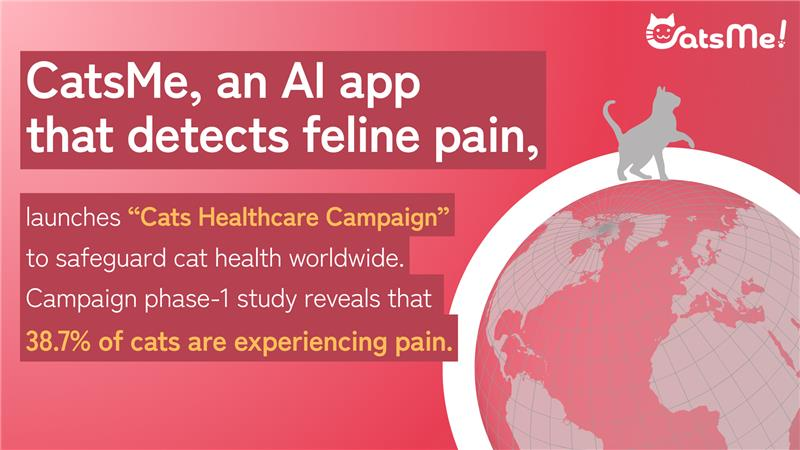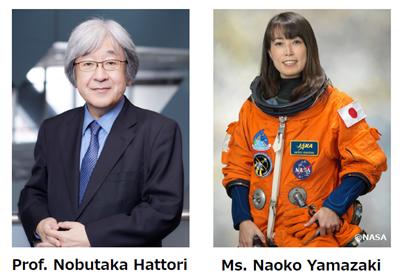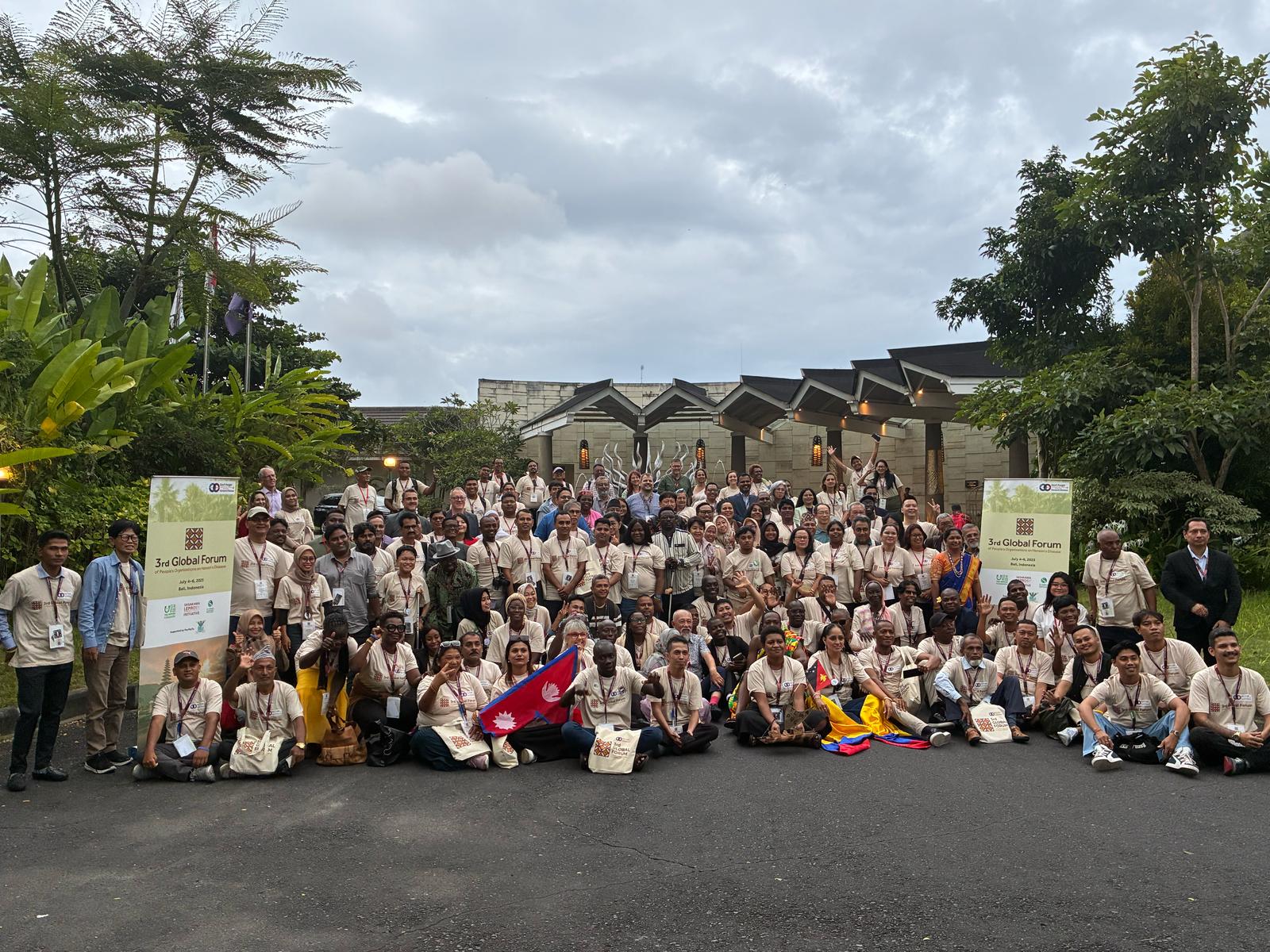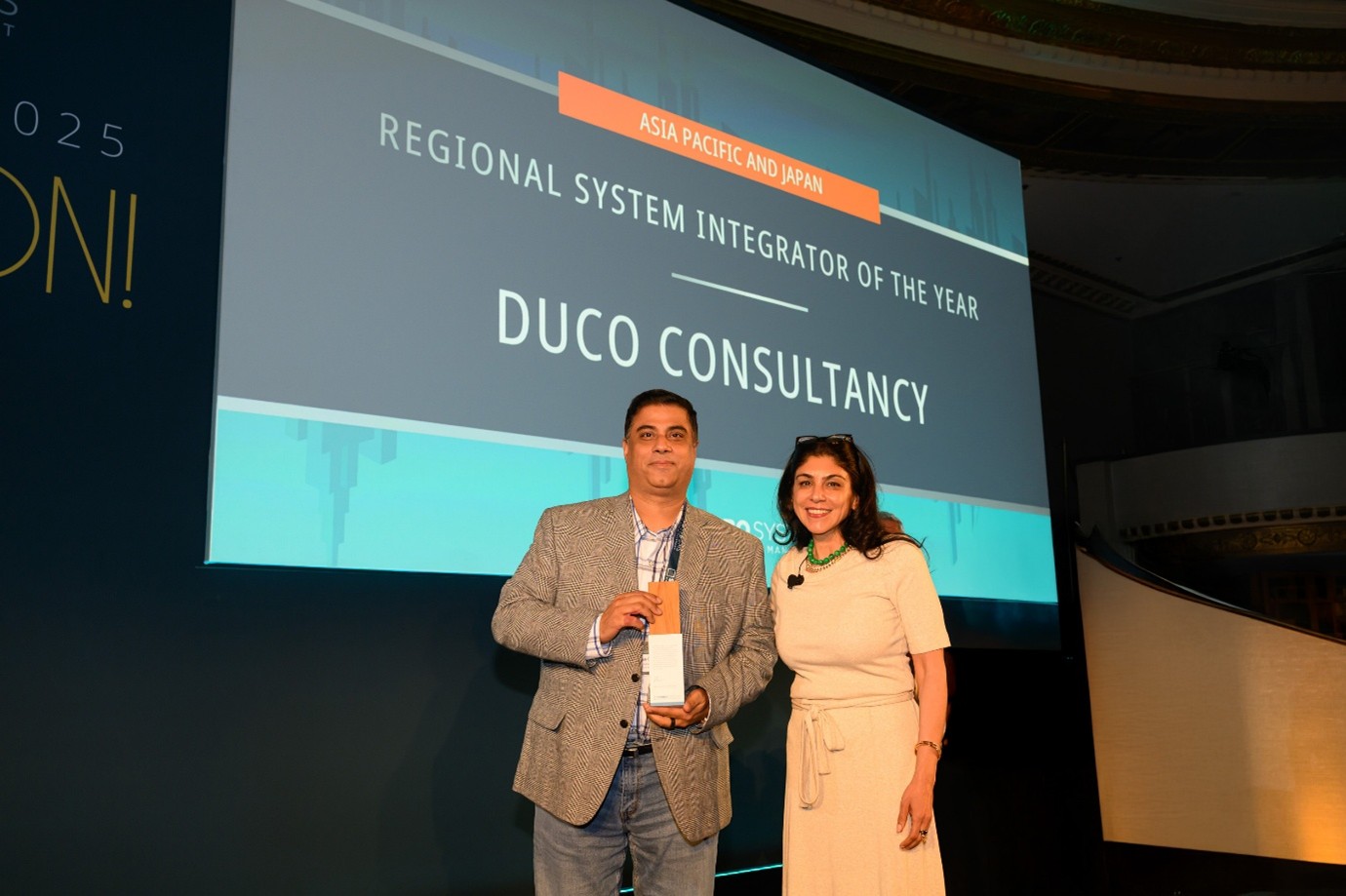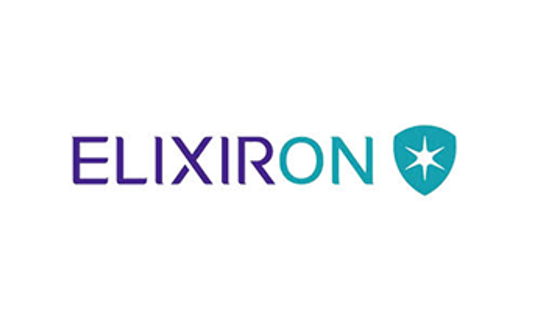Developing and Demonstrating VR of Infectious Disease Education in Collaboration with Juntendo University
Approximately 15% of All Deaths in Thailand Are Caused by Infectious Diseases
Jolly Good Inc. (Chuo-ku, Tokyo, CEO: Kensuke Joji, hereinafter referred to as “Jolly Good”), in collaboration with Juntendo University (Bunkyo-ku, Tokyo, President: Hajime Arai), will commence a demonstration project for the introduction of medical education VR for the purpose of developing medical human resources through the use of VR at Royal Mahidol University (Bangkok, Thailand, President: Prof. Banchong Mahaisavariya, hereinafter referred to as “Mahidol University”) and throughout Thailand. This is the first time that Japanese medical VR has been officially introduced into an overseas university.
In this project, Jolly Good will provide Mahidol University with VR teaching material production facilities and VR experience equipment to create an environment that enables the self-production of VR teaching materials for infectious disease treatment education at the university. The technology will be introduced in four departments: the Faculty of Tropical Medicine at Mahidol University, the School of Nursing and the Faculty of Medicine at Ramathibodi Hospital, and the Educational Simulation Center at Chakri Naruebodindra Medical Institute. The VR educational materials will be used in demonstration classes at Mahidol University to verify their effectiveness, after which they will be used to conduct medical education using VR at regional hospitals in Thailand.
This project is also partially supported by Juntendo University’s IT-based Human Resource Development Project for Infectious Diseases and Community Medicine in Thailand and Southeast Asia (*), a project adopted by the Ministry of Health, Labour and Welfare (MHLW).
(*See more information about the adopted project: https://kyokuhp.ncgm.go.jp/activity/open/r4pdf/10_Juntendo_University.pdf)
- Approximately 15% of all deaths in Thailand are caused by infectious diseases. Education on infectious disease treatment is required in medical practice in Thailand.
According to a survey by the Institute for Health Metrics and Evaluation, Thailand has the highest percentage of deaths from infectious diseases among countries in Asia, revealing that its healthcare system for infectious diseases is lagging behind.
In Thailand, 0.9 in 1,000 people are doctors, which indicates a shortage of doctors in Thailand compared to the other countries. In addition, doctors in Thailand are required to engage in community medical care for three years after graduation, but they do not receive sufficient training or education for infectious diseases, and there is a need for a system to develop human resources who can respond to various infectious diseases including COVID-19, and provide medical care in the community.
- Medium- and long-term vision for the introduction and demonstration project
In the first year, the medical VR program will be completed at Mahidol University. In subsequent years, the project will aim to enhance their knowledge and experience at an early stage and improve the quality of medical care including dealing with health crises in community medicine, thereby providing education using VR to the medical students, residents, and physicians involved in community medicine along the Thai border.
Year 1: Build a self-production environment for VR teaching materials at Mahidol University, complete the education program, and commence operation at the university.
Year 2: Provide VR educational materials to regional hospitals in Thailand that collaborate with Mahidol University, and conduct operational deployment of the materials throughout Thailand.
Year 3 and beyond: Provide VR teaching materials to Vietnam and other Southeast Asian countries.
- Joint International Tropical Medicine Meeting “JITMM2022” Bilateral Medical VR Seminar Information
We will hold a bilateral medical VR seminar connecting Japan and Thailand at Joint International Tropical Medicine Meeting “JITMM2022” in Thailand. In this seminar, professors from Mahidol University will give a remote VR lecture to medical students of Juntendo University in Japan by utilizing the educational VR of Infectious Disease Education produced at Mahidol University.
<Seminar Information>
Theme: Virtual Reality in Medical Education
Date and time (ICT): Monday, December 7th 10:30am – 12:00 pm
Place: Montiel Hotel Surawong Room C, Bangkok, Thailand
Speakers :
Dr. Aongart Mahittikorn, Associate Professor, Faculty of Tropical Medicine, Mahidol University (Chairperson)
Dr. Rapeepan Prasertbun, Faculty of Tropical Medicine, Mahidol University
Dr. Toshio Naito, Professor, Faculty of Medical Science, Juntendo University (Chairperson)
Dr. Hirotake Mori, Associate Professor, Faculty of Medical Science, Juntendo University
- Comments made by those involved in the project
<Dr. Aongart Mahittikorn: Associate Professor, Faculty of Tropical Medicine, Mahidol University>
We have great expectations in VR-medical education. After the COVID-19 pandemic in Thailand, we faced difficulties teaching infectious diseases to students and medical staff. We have been seeking new technologies to provide high-quality medical education, and now Thailand educators are more concerned about VR. In this project, Faculty of Tropical Medicine, Mahidol University, plans to make high-quality VR contents in the Tropical Medicine field.
<Hirotake Mori: Associate Professor, Department of General Medicine, Faculty of Medical Science, Juntendo University; and Visiting Professor, Faculty of Tropical Medicine, Mahidol University>
In response to the COVID-19 outbreak, Juntendo University has worked to develop medical human resources for infectious diseases while in-person classes and bedside practice have been restricted. Medical education using VR is very realistic, providing an experience similar to actual medical treatment. It can also be used for education in remote areas and community medicine. With the cooperation of Jolly Good, Mahidol University in Thailand will begin to conduct medical education using VR. We hope that this project will be a springboard for the provision of standard medical education transcending national borders to the world in the future.
- About Mahidol University (https://mahidol.ac.th/)
Mahidol University is Thailand’s top national university and the oldest university to offer bachelor’s degrees in medical-related fields. It is a comprehensive university consisting of 17 faculties, 6 vocational schools, and 8 research institutes, and actively conducts research and technical guidance related not only to medicine but also to human health. Its proactive approach as a research institute is highly regarded both domestically and internationally.
- About Juntendo University (https://en.juntendo.ac.jp/)
Juntendo University is a comprehensive health university and graduate school university consisting of 6 departments, 3 research departments, and 6 affiliated hospitals. It promotes social contribution and human resource development at the international level through the three pillars of education, research, and medical care and practice. Juntendo University adopted Jolly Good’s VR solutions in 2021, and VR is already being used in various settings, including student education.
- About Jolly Good Inc. (https://jollygood.co.jp/en)
Jolly Good is a medical technology company that develops high-precision VR solutions and healthcare services utilizing AI to analyze user behavior in the VR space. With various research institutions and companies, we provide services that support the evolution of medical care and people’s motivation in life by accelerating human growth and reintegration into society through medical education, support for people with disabilities, and treatment of mental illness utilizing technologies such as VR and AI.

